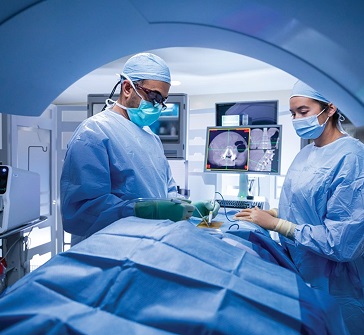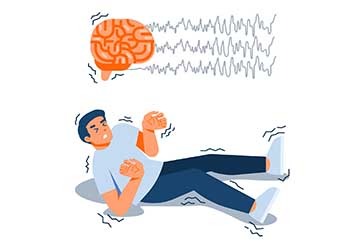 Book Appt.
Book Appt.
 Call Now
Call Now


Amyotrophic Lateral Sclerosis (ALS), often referred to as Lou Gehrig's disease, is a progressive neurodegenerative disorder that affects the nerve cells responsible for controlling voluntary muscles. This condition leads to muscle weakness, loss of motor function, and, ultimately, severe disability. Understanding the intricacies of ALS is crucial for diagnosis, management, and providing support to individuals affected by this devastating disease.
Causes and Risk Factors
The exact cause of ALS remains largely unknown, but a combination of genetic and environmental factors is believed to contribute to its development. Some potential risk factors include:
ALS primarily affects motor neurons, which are specialized nerve cells responsible for transmitting signals from the brain to the muscles. The progressive degeneration of these motor neurons leads to muscle weakness, atrophy, and eventual paralysis. As the disease advances, individuals may face difficulties with speaking, swallowing, and breathing.
Symptoms and Progression
The onset and progression of ALS can vary widely among individuals. Common symptoms include:
Diagnosis and Management
Conclusion
Amyotrophic Lateral Sclerosis is a complex and devastating neurodegenerative disease that profoundly impacts the lives of individuals and their families. Despite its challenges, advances in research and multidisciplinary care have improved the quality of life for those affected by ALS. Ongoing efforts in both clinical care and scientific investigation offer hope for the development of more effective treatments and, ultimately, a cure for this relentless disease.
SHALBY Sanar International Hospitals provides extensive medical procedures backed up with our state-of-the-art technology and a team of highly qualified & experienced clinical experts.

Patient from Iraq gets treated by Dr. Harnarayan Singh | SHALBY Sanar International Hospitals

15 year old Patient from Liberia gets treated by Dr Harnarayan Singh | Neurosurgery & Spine Surgery

Mrs. Khalida Khaleel from Iraq Overcomes Degenerative Disc & Grade 1 Spondylolisthesis

Successful Treatment of a Patient from Uzbekistan for Degenerative Disc Disease and Back Syndrome

Surviving Stroke: Bipasha Banerjee's Testimony on Timely Intervention

Successful Intraoperation Neuro Monitoring on patient Hasan from Iraq

Successful removal of Glioma using advanced machines

A multidisciplinary care worked wonders for Ms. Akhtamova from Tajikistan

Treatment for Brain Aneurysm - Al Qumairi Saeed Mohsen Awadh from Yemen
Our doctors pen down their research findings and experiences from time to time. Their words provide deep insight into the latest techniques, technologies and other advancements in healthcare. It provides expert answers to all kinds of health questions for real-life issues.
VIEW ALL




Since the day of its foundation, SHALBY Sanar International Hospitals is committed to provide comprehensive healthcare services. It regularly organizes awareness programs in its premises and encourages outdoor healthcare activities and camps with an intent to put focus on preventive healthcare.
VIEW ALL